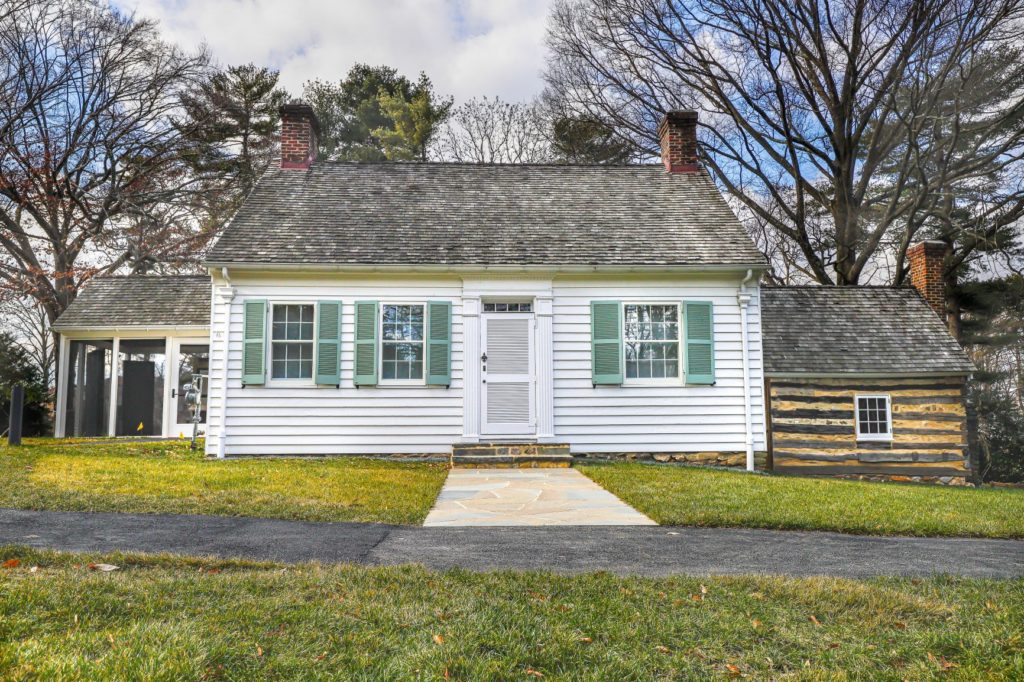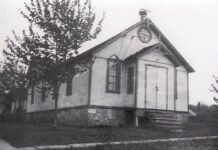
The Josiah Henson Museum and Park, a new museum about the life and legacy of the Rev. Josiah Henson, opened April 23 in Bethesda on the site of the former plantation where Henson was enslaved.
Henson was born into slavery in Maryland and later became an influential minister, speaker, writer and abolitionist. After escaping to Canada in 1830, he led 118 people from enslavement in the United States to freedom in Canada as a conductor on the Underground Railroad.
His 1849 autobiography, “The Life of Josiah Henson, Formerly a Slave, Now an Inhabitant of Canada,” in which Henson recounted his experiences at the Isaac Riley plantation, inspired Harriet Beecher Stowe’s famous novel “Uncle Tom’s Cabin.”
“Henson’s autobiography made an extraordinary impact upon Stowe, who drew from Henson’s real‐life experience to craft her fictional novel,” says Shirl Spicer, countywide museum manager at Montgomery Parks, part of the Maryland-National Capital Park and Planning Commission.
Part of the National Park Service National Underground Railroad Network to Freedom program, the museum includes the plantation owner’s house, a newly constructed visitor center and a 4-acre landscaped park with interpretative exhibits and archaeological features.
“The Josiah Henson Museum and Park is the only archaeology‐based museum project that places an African-American historical figure at the forefront of the narrative,” says Spicer.
The Montgomery Parks archaeology program has been investigating the site since 2009. Archaeologists have uncovered features that reveal information about the history of the plantation, including foundations of former structures, the site of a domestic dwelling that may have been Henson’s living quarters and a kitchen dump heap, in addition to thousands of 19th-century artifacts. “Visitors will be able to explore a sampling of the types of archaeological artifacts that have been excavated at the site, which now number over 40,000,” she says.
Through artifacts, films, audio recordings, graphics and illustrations, the Josiah Henson Museum and Park educates visitors about Henson’s life, the history of enslavement in Montgomery County and the continuing fight for racial equity and justice.
“The Josiah Henson Museum and Park has become a primary educational space where visitors learn more about the interpretation of slavery through the exploration of Henson’s life as told in his own words,” Spicer says. “Henson’s inspirational fight for equity, self-determination and freedom is something that continues today.”
The Josiah Henson Museum and Park is located at 11410 Old Georgetown Road in North Bethesda. You can visit Friday through Sunday from 10 a.m. to 4 p.m. Visitors must purchase tickets in advance. Admission is $5 for adults and $4 for seniors and children ages 6-17. Children ages 5 and younger are free.
This story originally appeared in our June/July 2021 issue.




